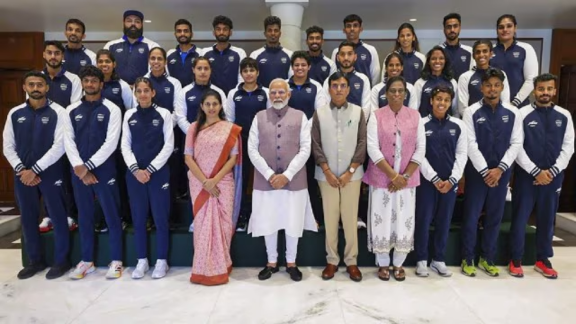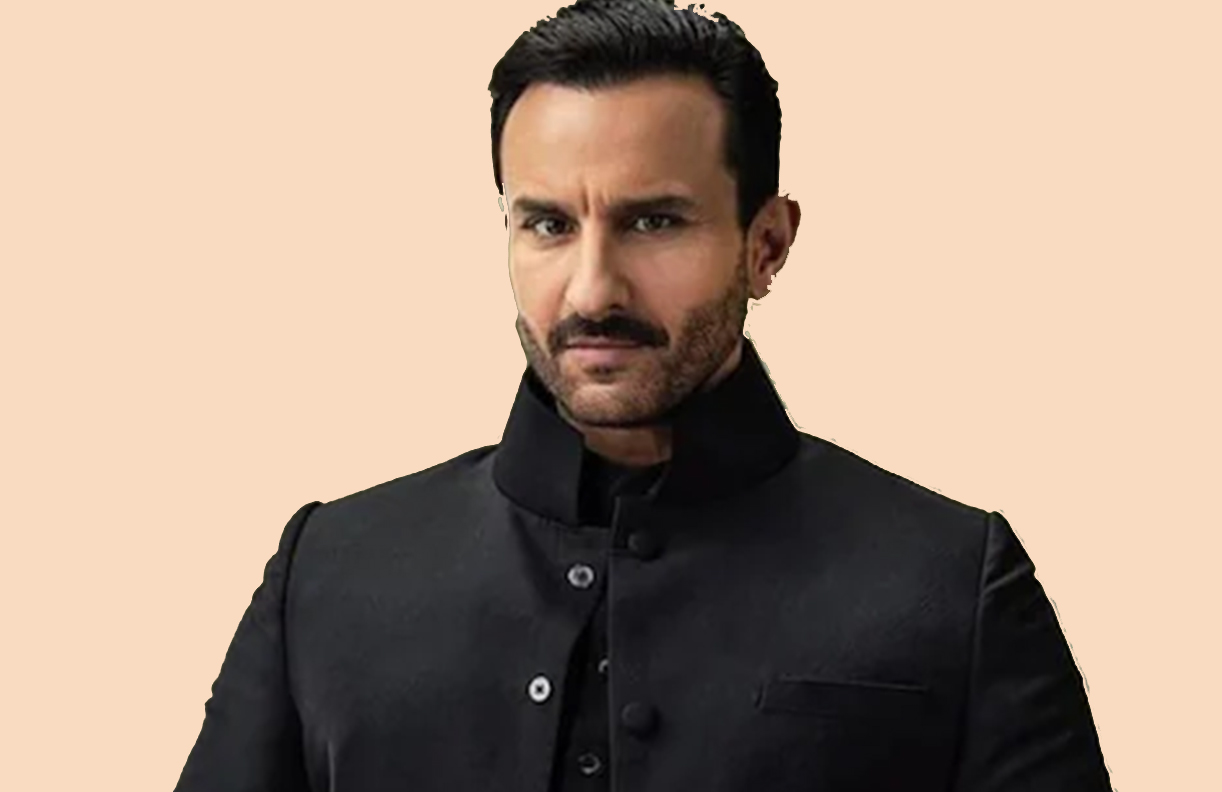Following disappointing Olympic results, mental health professionals emphasize the urgent need for enhanced focus on sports psychology in India.
“I’m a bit disappointed that we couldn’t secure even one medal in badminton. We need to focus more on mental training. Sports psychology doesn’t get the attention it deserves. In one-off events like championships, the

“I’m a bit disappointed that we couldn’t secure even one medal in badminton. We need to focus more on mental training. Sports psychology doesn’t get the attention it deserves. In one-off events like championships, the pressure isn’t as intense, but the Olympics are all about managing that pressure,” said Prakash Padukone, the coach for India’s badminton team at the 2024 Paris Olympics. Several players finished just shy of the podium, highlighting the need for psychological preparedness.
Sports psychology examines how psychological factors affect athletic performance and how sports participation impacts an athlete’s mental and physical well-being. Sports psychologists help athletes build coping mechanisms, resilience, and the ability to perform under pressure.
The Need for Sports Psychology
After India’s recent Olympic results, with many close finishes and disappointing outcomes, the value of sports psychology has become more apparent, according to Dr. Deepak Raheja, director and chief psychiatrist at Hope Care India. “Athletes are under immense pressure, and their mental preparation often determines whether they win gold or fall short,” he explained.
Sports psychologist Neeta Tatke agreed, emphasizing that at the international level, athletes generally have similar technical skills. “What sets them apart is mental toughness—the ability to handle stress and anxiety, and not crumble under the weight of expectations from coaches, audiences, and themselves. A sports psychologist helps athletes stay focused, strategize, and perform at their best,” Tatke said.
How Sports Psychology Can Help
Dr. Raheja highlighted the significant impact sports psychologists can have by addressing mental barriers that differentiate good performances from exceptional ones. “Through techniques for managing stress, building confidence, and sharpening focus, sports psychologists help athletes perform at their peak when it matters most,” he said. In team environments, they also work on improving communication and team dynamics, which are crucial for success.
Shraddha Subramanian, an intuition expert and business coach who has conducted training sessions at Padukone’s academy, noted the importance of confidence and internal dialogue during critical moments. “Technical skills are essential, but the ‘confidence to win’ can be the difference between a breakthrough and heartbreak,” she said.
Lakshya Sen’s narrow misses at the Olympics underscored recurring mental patterns that may have hindered his performance. According to Subramanian, mental preparation could have been a crucial factor. “Recreating those pressure moments mentally and training as a champion could have made all the difference,” she said.
Subramanian also pointed out a senior archer’s comments about past losses, revealing lingering mental barriers. “Even with technical readiness, the fear of failure can limit future performances,” she added. This is where sports psychologists play a crucial role.
A Long-Term Approach to Mental Health
Clinical psychologist Kamna Chhibber emphasized the importance of a long-term approach to mental health in sports. “Mental well-being must be continuously addressed, not just in snapshots,” she said. A sports psychologist’s role is to cultivate the right mindset, address anxiety and mood issues, and manage the stressors that impact performance.
It’s not just about focusing on performance; overall mental functioning must be prioritized. “This approach builds confidence, resilience, and trust in one’s abilities. It teaches athletes how to recover without losing focus and manage vulnerabilities for optimal performance,” Chhibber explained. Sports psychologists also address issues such as motivation, eating disorders, burnout, and career transitions.
Integrating Sports Psychology into Training
Dr. Raheja advocates for integrating sports psychology into training from an early age, ensuring that sports psychologists are part of coaching teams and providing ongoing mental health support. “Workshops on mental toughness and regular access to mental health resources are crucial,” he said, stressing the need to raise awareness about mental well-being in sports and reduce the stigma around seeking help.
Subramanian suggested practical mental health training strategies, including:
- Energy mapping: Address feelings from past failures with techniques like burning bowls.
- High-energy moments: Recreate positive feelings from past successes to overcome low periods.
- Winning moments: Relive successful experiences to enhance future performances.
- Mind training: Schedule dedicated mind training hours alongside physical training.
By prioritizing emotional and mental health, Indian athletes can be better equipped to handle the pressures of international competitions, potentially leading to more consistent and successful performances on the global stage.




